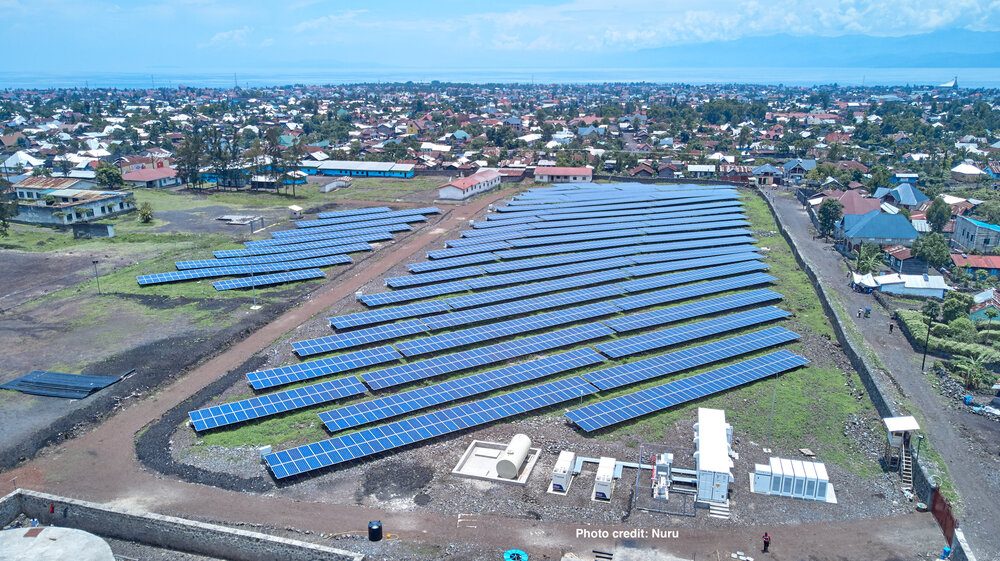We recently reached a milestone on our path toward launching the Peace Renewable Energy Credit (P-REC). On October 3rd, the Democratic Republic of Congo (DRC) was added to the list of countries authorized to issue International Renewable Energy Certificates (I-RECs), and EPP was approved as the issuer of I-RECs in that country. This decision was taken by the Board of the I-REC Standard Foundation, which oversees I-REC markets. I-RECs are the dominant standard for energy attribute certificates (EACs) outside North American and Europe.
The I-REC Standard Foundation Board decision is significant for four reasons:
1) It paves the way for EPP to issue P-RECs in the DRC. P-RECs issued from DRC will be I-RECs with an additional EPP label certifying the project’s peacebuilding co-benefits. P-RECs will be the first EACs ever to be issued from the DRC. The issuance of the first P-RECs will kickstart the Congolese EAC market and enable the monetization of new renewable energy generation. Renewable energy development will be supported by this new revenue stream. For example, P-REC revenue from the DRC pilot project – a 1.3MW solar battery mini-grid – will support our Congolese developer partner Nuru to install solar streetlights that enhance safety and security in the Ndosho neighborhood of Goma, in conflict-affected eastern DRC. P-REC revenue for Nuru’s subsequent projects will contribute to funding a pipeline of expansion projects throughout DRC.
2) It provides a new renewable energy purchase option for market actors in a region where EAC supply has historically been limited. Although the first P-RECs from DRC are slated to be issued in Q1 2020, a number of companies with a footprint in the region have already expressed interest in purchasing these P-RECs in order to meet their voluntary sustainability and/or corporate social responsibility goals.
3) It represents a vote of confidence by a dominant player in international renewable energy markets. We see the decision as an endorsement of our efforts to link international renewable energy markets with fragile states. These countries lack the traditional incentives and conditions for renewable energy investment. We have therefore designed P-RECs to support transformative renewable energy development in these conflict-affected, energy poor communities, with the ultimate aim of expanding the renewable energy revolution to fragile states.
4) It expands the short list of I-REC issuing countries in Africa. DRC has one of the lowest rates of electrification and energy consumption and, at the same time, presents one of the most complex peacebuilding, humanitarian, and development challenges in the world today. As a result of our efforts, DRC now joins South Africa, Uganda, and Morocco as I-REC issuing countries on the African continent. We have also prepared two P-REC pilot projects in South Sudan, and we are scoping additional P-REC projects in DRC, as well as new projects in Somalia, Uganda, and Mali. We hope to expand the list of P-REC-issuing countries further to include other fragile states in Africa and beyond.
We’ve spent the past three years working to develop the P-REC: from publishing our ideas to evaluating peacebuilding impacts, from identifying pilot projects to establishing the transactional architecture, and from navigating carbon accounting rules to marketing and promoting PRECs. We are particularly grateful to the I-REC Standard Foundation Board and our Congolese developer partner Nuru, who have been instrumental partners in this journey. The issuance of the first P-RECs from the DRC is on the horizon, and we are eager to see the impact of P-REC-supported new renewable energy development on Congolese communities.
